Memes have become a fundamental part of modern communication, transcending borders and cultures with their humorous, relatable, and often satirical content.
Kenya, known for its vibrant online presence and tech-savvy population, has embraced the meme culture with open arms. In this article, we delve into the history of memes in Kenya, exploring their origins, evolution, and impact on the country’s digital landscape.
The emergence of Kenyan memes can be traced back to the early 2000s when internet access and social media platforms began gaining popularity in the country.
Kenyans, particularly the younger generation, quickly recognized the potential for humor and satire in using images, videos, and captions to convey their thoughts and experiences.
In the early stages, memes in Kenya were primarily shared through platforms like Facebook, Twitter, and local online forums. These platforms provided a space for users to create and share their own memes, often drawing inspiration from popular culture, current events, and local trends.
Memes as a Form of Social Commentary
As Kenyan memes gained traction, they began to evolve beyond mere entertainment. They became a powerful tool for social commentary, enabling Kenyans to express their opinions on a wide range of subjects, including politics, social issues, and everyday life. Memes offered a creative outlet to address serious topics in a lighthearted and digestible manner, reaching a broader audience and sparking meaningful discussions.
One of the most notable examples of memes as a form of social commentary in Kenya is the creation of the “Makmende” meme in 2010. Makmende, a fictional action hero, quickly became a cultural phenomenon, symbolizing strength, resilience, and the ability to overcome challenges. The meme gained popularity not only in Kenya but also internationally, showcasing the influence and reach of Kenyan digital culture.
The Rise of Kenyan Meme Pages
As memes continued to permeate Kenyan internet culture, dedicated meme pages emerged on social media platforms.
These pages, run by individuals or groups, curated and shared memes on a regular basis, becoming hubs for Kenyans to discover and engage with meme content.
Some of the most prominent Kenyan meme pages include “The Trending Images” on Facebook, “KOT (Kenyans on Twitter) Memes” on Twitter, and “Xtiandela” on Instagram. These pages have amassed large followings, providing a platform for aspiring meme creators to showcase their talent and connect with a wider audience.
The Impact of Kenyan Memes
Kenyan memes have had a profound impact on the country’s digital landscape. They have not only brought laughter and entertainment to millions of Kenyans but have also influenced popular culture, advertising campaigns, and even political discourse.
Brands and businesses have recognized the power of memes in reaching younger audiences and have incorporated meme-inspired content into their marketing strategies. Political figures and organizations have also adopted memes as a means of connecting with the electorate and spreading their messages.
Furthermore, memes have helped foster a sense of community and unity among Kenyans. They have become a shared language that transcends socio-economic and cultural boundaries, enabling people from different backgrounds to connect and relate to each other’s experiences.





GIPHY App Key not set. Please check settings